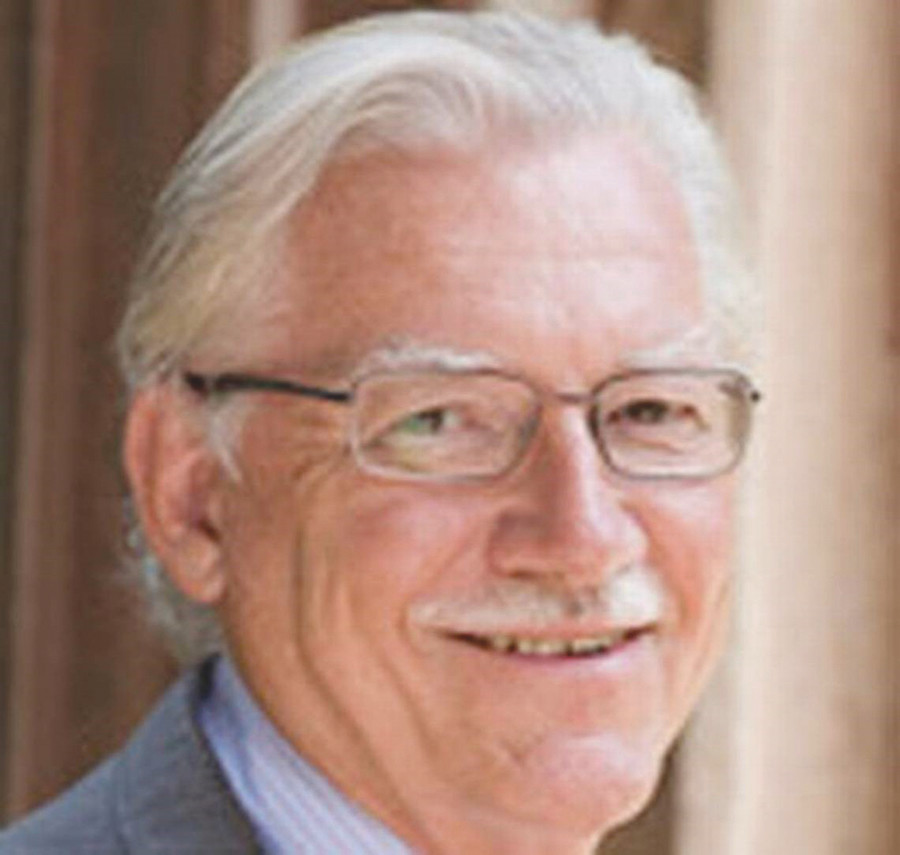We have model for improving S.C. education
We just need to follow it

As the final moments of an 18-day ordeal unfolded before him, Citadel graduate and Air Force Maj. Charles Hodges felt a sense of relief, the same one felt the world over.
Twelve boys and their soccer coach, stranded in a cave in northern Thailand, had been rescued. Maj. Hodges' unit was part of a multinational effort to save the boys.
"It took every single one of us, putting our heads together and pushing aside any sort of political or cultural differences, and doing our best to find a solution to do this," Hodges said. "What I take away from this is how much can be accomplished from teamwork."
It is said that Americans are great at responding to a fire in their neighbor's attic, but not so much on termites in his basement.
Today South Carolinians face an increasingly urgent call to action from a broad array of education advocacy groups. Current headlines about education in South Carolina are not at all positive.
It wasn't always that way, and it doesn't have to be that way in the future. You might be surprised by the headlines that were written about the S.C. Education Improvement Act:
- "They said it couldn't be done, but (Gov. Dick) Riley worked a miracle" (The State, July 1, 1984).
- "Once near the bottom, (S.C.) state schools rank first in improvement" (Chicago Tribune, May 6, 1986).
- "South Carolina implemented the broadest reforms of any state in the South" (USA Today, October 29, 1987).
- "South Carolina scores high marks as states act to improve their educational standards" (The Wall Street Journal, June 10, 1988).
The foundation of new funding, education reforms and educator-parent-business partnerships that was created by the EIA paved the way for positive changes that lasted into the 1990s and early 2000s.
That experience made it clear that major educational improvements are possible in South Carolina.
As a result, South Carolina ranked fifth among all the states in the composite gains in math, reading and science from 1992 through 2011 in 4th and 8th grades on the National Assessment of Educational Progress.
I was part of a broad-based coalition that had the opportunity to be in the middle of developing, promoting and monitoring the many education improvements in the EIA. What we saw was a remarkable coming together of this coalition of classroom teachers, administrators, parents and business and civic leaders to analyze the education problems of that time.
These diverse interests developed a comprehensive set of strategies that positively impacted our students from preschool through high school and from struggling students to gifted students. And we saw a willingness to fund all the reforms and phase them in over a reasonable period of time.
The key to making this happen was the leadership of then-Gov. Richard W. Riley. He worked tirelessly at gaining local input and promoting the needed education changes by visiting several hundred schools and neighborhoods and hosting countless meetings in the governor's office and the Governor's Mansion.
After 35 years, we need to do this again. Our 750,000 students in South Carolina need and deserve such dramatic educational improvements.
The pace of change has increased dramatically since passage of the EIA, but the essential leadership characteristics modeled by Gov. Riley are timeless:
1. The vision to see a problem or condition in terms of what it could become if we do not change.
2. The ability to articulate the need to change.
3. The ability to know when to act.
4. The ability to enlist others into the fray.
5. And the practicality required to translate vision into reality.
You can learn more about this effort and Gov. Riley's leadership style by visiting the "Richard W. Riley: Statesman of Education" exhibit, which opened Monday in USC's Hollings Special Collections Library.
Of the exhibit, Gov. Riley has said, "I hope they will learn that a good public servant will be positive and respectful, willing to listen, hear both sides of an issue, collaborate, make fair and principled decisions, have high integrity and a strong work ethic and care deeply about all people, even those who might be different or with whom one might disagree."
Wise words indeed.
Dr. Peterson is the senior fellow at the Riley Institute at Furman and College of Charleston; contact him at TKPAlexVA@aol.com.
More Articles to Read
